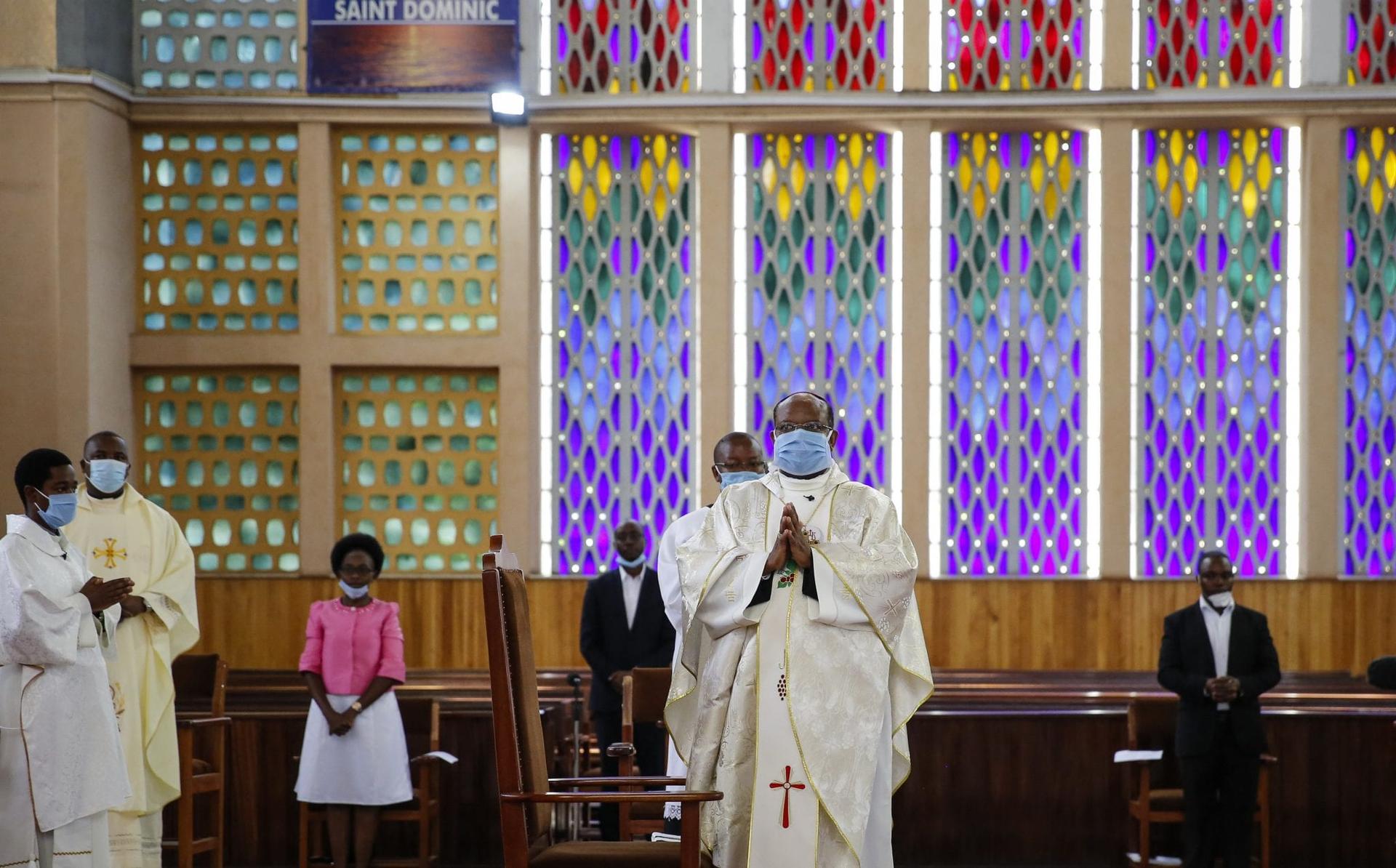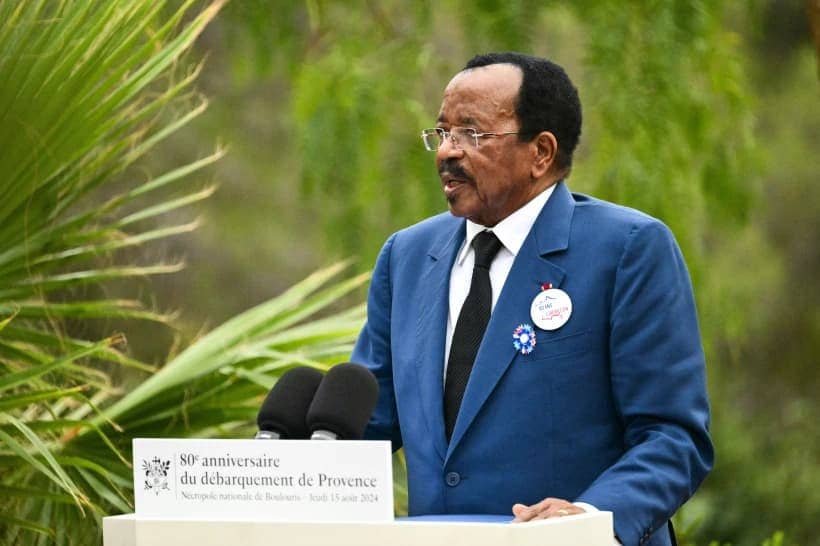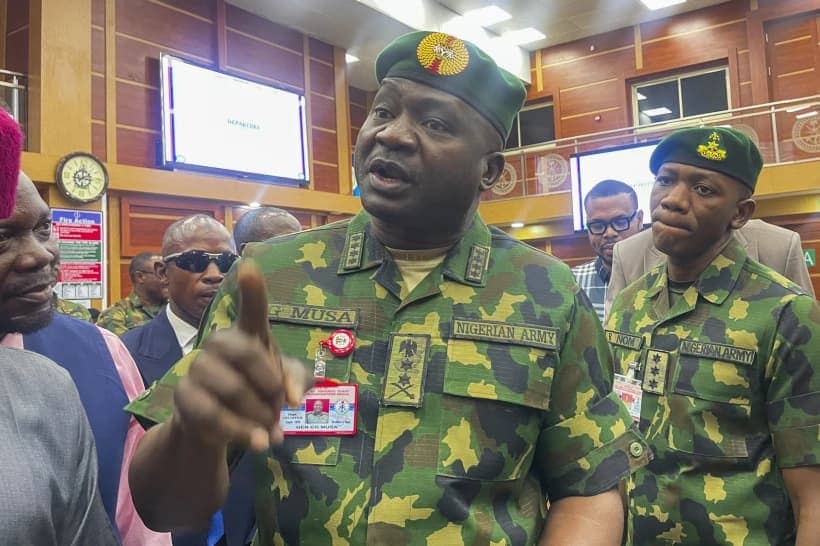BENI, Congo — Congo marked the Easter holiday by bracing to battle both COVID-19 and a continuing outbreak of Ebola, after a second death from that disease was announced in eastern Congo Sunday.
Across Africa, Easter was marked at home, with many Christians following services broadcast on television and radio as a result of bans on movement and gatherings to combat the new coronavirus.
The confirmation of a second Ebola death in Beni, after the first was announced on Friday, was a stark warning to residents that they must continue to protect themselves from that disease as well as taking new precautions against COVID-19.
Beni, a city of some 600,000 in eastern Congo, has been at the center of the Ebola outbreak that started in August 2018 and became the second largest in history, killing more than 2,260 people so far.
There were widespread hopes that the Ebola outbreak could be officially declared finished after more than 40 days passed without a new case, but then the new deaths were announced.
Health workers are busy tracing the contacts of the two who died from Ebola, to try to prevent the disease from spreading any further. Already 215 contacts have been identified, 53 of whom are healthcare workers, said Boubacar Diallo, surveillance coordinator for the World Health Organization.
Because church gatherings have been banned, Beni resident Jeannot Sikivahwa said he listened to a preacher on the radio.
“He told us about the resurrection of Jesus Christ but also he talked about Ebola and coronavirus. He said that we must protect ourselves from these two epidemics plaguing us here in Beni,” Sikivahwa told The Associated Press. “It’s my first time to have this holiday under such confinement.”
Also contributing to a timid celebration in Beni is a series of attacks by rebel groups which are blamed for hundreds of deaths, according to aid organizations operating in the area.
“I prayed that God would give us peace, health and keep us away from these two plagues that are ravaging thousands of people around the world,” said Sikivahwa.
Across Africa, Easter services were held in nearly empty churches. In Lagos, Nigeria, a Catholic Mass was held in the Holy Cross cathedral and broadcast for viewing by people at home. In Nairobi, Kenya, a Catholic mass was held at the capital city’s cathedral and residents were able to stream on social media or national broadcast networks.
As of Sunday, 52 of Africa’s 54 countries have reported the presence of COVID-19, including 744 deaths from 13,686 cases.
Unlike Ebola, which kills about half of the people it infects, the new coronavirus causes mostly mild or moderate symptoms in about 80 percent of people. Spreading Ebola typically requires an exchange of bodily fluids, and people have often been infected when caring for loved ones or mourning in traditional funerals that involve close contact with the body. In contrast, the new coronavirus is far more contagious and mostly spread by people coughing or sneezing, including those with only mild flu-like symptoms.
That means the task of controlling the virus’ spread in Congo will be massive: The government has only limited control in parts of the vast country, there are also some dense population centers with poor sanitation and infrastructure, and the country’s mineral-rich east is beset by violence from various armed groups.















